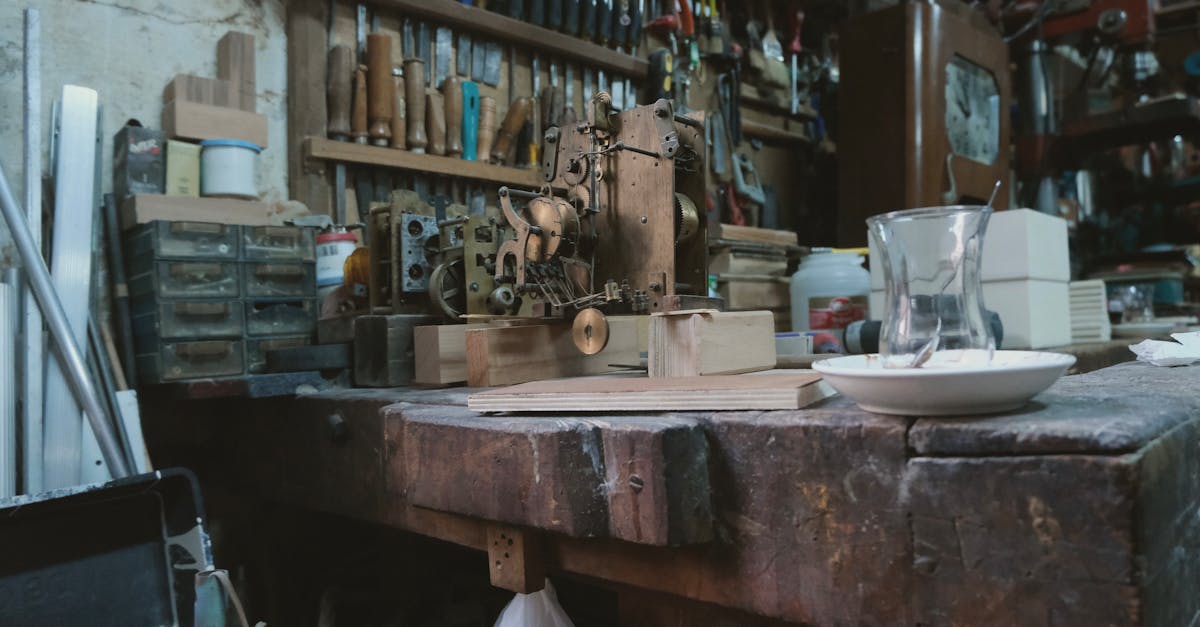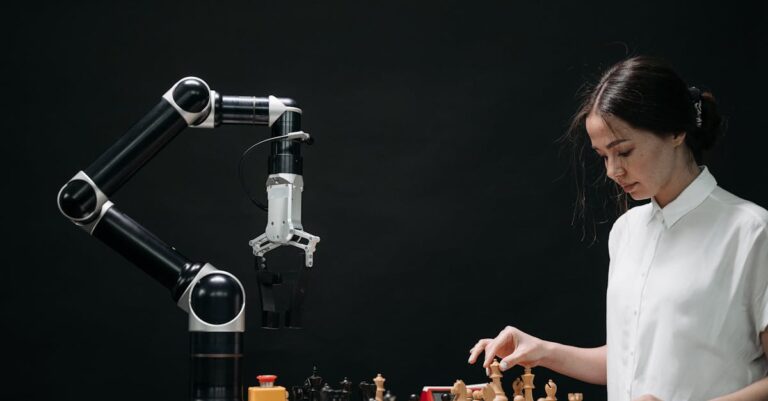
## The Clockwork Conspiracy
The scent of brass polish and oiled gears hung thick in the workshop, a perfume Claes Sonnenrens breathed deeper than air. Sunlight fractured through the leaded glass of the high windows, illuminating dust motes dancing above a half-finished automaton – a silver heron with ruby eyes. He adjusted the delicate escapement, his fingers nimble despite years of meticulous work. Not toys these were, not merely diversions for bored nobles. They were extensions of power.
His son, Pieter, entered without knocking, the clatter of his leather boots a familiar discord. He carried rolled blueprints, secured with a tarnished silver ring bearing the Sonnenrens crest – a sunburst eclipsed by gears.
“Another commission, Father?” Pieter unrolled the plans on a workbench already crowded with sketches and disassembled clockwork birds.
Claes didn’t look up. “Van derlyn. A miniature siege of Maastricht. Wants it operable, complete with scaling ladders and functioning trebuchets.”
Pieter’s brow furrowed. “Van derlyn? He hasn’t purchased anything in years. Since…the incident.”
“Precisely,” Claes replied, his voice a low rasp. “He wants to impress someone. And when Van derlyn impresses, we listen.”
His workshop wasn’t just a place of creation; it was the nerve center of a subtle, lucrative intelligence network. For decades, Sonnenrens Automata had graced the halls of Holland’s wealthiest families. Hidden within each intricate mechanism – tiny lenses, miniaturized microphones, sensitive vibration sensors – lay the means to gather information. Secrets whispered during lavish performances, political negotiations overheard, alliances forged and broken—all funneled back to Claes.
“Anything specific?” Pieter asked, tracing the outline of a miniature cannon with his finger.
“He’s concerned about De Vries,” Claes said, finally lifting his gaze. “The shipping magnate. Rumors of privateering. Funding subversive activities in Zeeland.”
“De Vries is a cautious man. Doesn’t flaunt his wealth.” Pieter’s skepticism was palpable.
“Caution is a mask, Pieter. Every man has weaknesses. Van derlyn believes De Vries intends to circumvent the Stadtholder’s authority. He wants proof.” Claes picked up a small, jeweled beetle automaton, turning it over in his hands. “This one will be installed in De Vries’s conservatory. Focus on the orchids.”
Pieter raised an eyebrow. “Orchids?”
“De Vries is obsessed with them. Apparently, he confides in his gardener. We need to know what’s being said.”
The next week found Claes overseeing the installation at De Vries’ opulent estate. Marble floors gleamed, reflecting sunlight filtered through towering palms and exotic blossoms. De Vries himself was a study in controlled composure – tall, with silvering hair swept back from a high forehead. He watched Claes’s team with an unsettlingly keen gaze as they positioned the beetle amongst the delicate petals of a black orchid.
“Ingenious work, Sonnenrens,” De Vries said smoothly, his voice a low rumble. “Truly remarkable.”
“We strive for perfection, Mijnheer De Vries,” Claes replied, keeping his tone neutral. “A delicate balance of art and engineering.”
“Indeed. Tell me, do these… creations require much maintenance?” De Vries gestured towards the beetle with a slim hand.
“Minimal, Mijnheer. A light oiling every few months. Ensure the gears remain unburdened.” Claes resisted the urge to meet De Vries’s eyes. The man knew something. He could smell it, like ozone before a storm.
Back in the workshop, Pieter relayed the information gleaned from De Vries’s conservatory. The gardener, a taciturn man named Willem, spoke of shipments – crates labeled “spices” arriving late at night. Destinations: Ostend and Dunkirk, both known havens for privateers.
“Spices at this time of year? Doesn’t add up.” Pieter tapped the blueprint, circling a notation about specialized reinforcing struts within the crates. “These aren’t for holding cinnamon and cloves.”
Claes leaned over, his expression grim. “Weapons. De Vries is arming privateers. But for what purpose?”
Days blurred into weeks, a relentless cycle of installation and information gathering. A miniature swan in the Von Halen estate revealed a conspiracy to manipulate grain prices, destabilizing regional markets. A clockwork nightingale in the Bloemfontein manor uncovered a network of smugglers funneling silver to Spain. Each piece of evidence painted a disturbing picture: Holland, the beacon of prosperity and freedom, was being systematically undermined from within.
“It’s coordinated,” Pieter said one evening, spreading maps across the workbench. “The grain manipulation, the smuggling, De Vries’s arms shipments… it all points to a centralized effort.”
Claes traced the connections with his finger. “Someone wants to weaken Holland. To create chaos.”
“But who?”
The answer came unexpectedly, from an unlikely source. Old Man Heertje, a retired clockmaker who’d once been Claes’s mentor, visited the workshop one afternoon. Heertje had an uncanny ability to decipher hidden patterns and motivations.
“The Spanish Ambassador,” Heertje said, his voice a rasping whisper. “Don Ricardo Velázquez. I overheard something at the Stadtholder’s reception last week.”
“Velázquez?” Claes felt a cold dread creep into his bones. The Ambassador was known for his diplomatic finesse, not outright conspiracy.
“He’s been funding discontent among the merchants. Whispering promises of trade advantages, exploiting old grievances.” Heertje paused, his eyes clouded with worry. “He’s playing a long game. Trying to destabilize Holland from within, make it vulnerable.”
The evidence was circumstantial, but compelling. Velázquez had been making frequent visits to De Vries’ estate. He’d also been seen meeting with several of the merchants implicated in the grain manipulation scheme.
“We need to inform the Stadtholder,” Pieter said, his hand resting on the hilt of his sword.
Claes shook his head. “Not yet. We need irrefutable proof. A direct connection. Something Velázquez can’t deny.”
He devised a plan, audacious and risky. He would install a miniature automaton – a peacock with iridescent feathers – in Velázquez’s private study. The peacock would be equipped with the most sophisticated listening device he’d ever created – a parabolic microphone capable of capturing even the faintest whispers.
The installation was fraught with danger. Velázquez’s estate was heavily guarded. Claes disguised himself as a furniture repairman, relying on Pieter to distract the guards while he slipped into the study.
The peacock was positioned perfectly, hidden amongst a collection of Spanish tapestries. He activated the device and retreated, his heart pounding in his chest.
The next few days were agonizing. He meticulously analyzed the recordings, filtering out background noise and searching for anything incriminating.
Then he found it. A conversation between Velázquez and De Vries, discussing shipments of arms to Ostend. Plans for inciting unrest among the dockworkers in Amsterdam. A detailed strategy for crippling Holland’s economy.
“He’s planning a revolt,” Pieter said, his voice grim. “An uprising coordinated with a Spanish invasion.”
Claes felt a surge of cold fury. He had the proof he needed. He presented his findings to the Stadtholder, along with a detailed report outlining Velázquez’s conspiracy.
The Stadtholder acted swiftly. Velázquez was arrested, along with De Vries and several of their accomplices. The arms shipments were intercepted. The uprising was averted.
Holland was safe, for now.
Back in the workshop, Claes Sonnenrens sat surrounded by his creations – intricate mechanisms that had saved a nation. He picked up the peacock, its iridescent feathers shimmering in the sunlight.
“They say art imitates life,” he said, his voice a low murmur. “But sometimes, Pieter, it’s the other way around.”
Pieter nodded, his gaze fixed on the city below. “Sometimes it’s about seeing what others don’t.”
The scent of brass polish and oiled gears filled the workshop, a reminder of the delicate balance between art, engineering, and the subtle power of secrets. The work continued, for there would always be those who sought to exploit and undermine the fragile peace of Holland. And Claes Sonnenrens, with his intricate automatons and unwavering dedication, would be there to listen.


